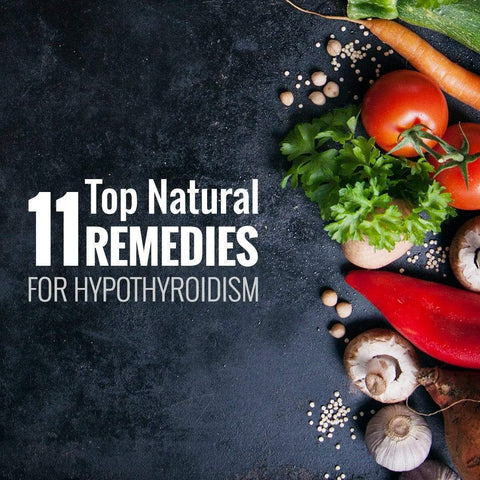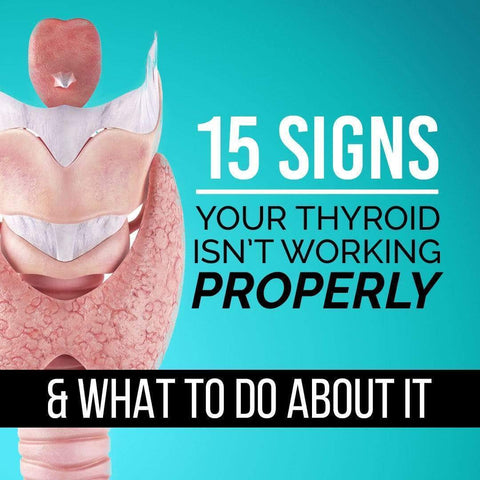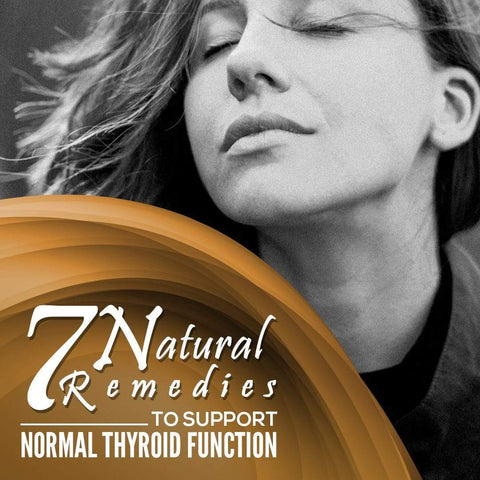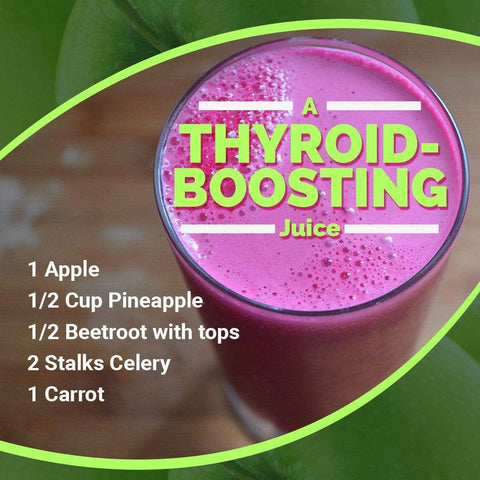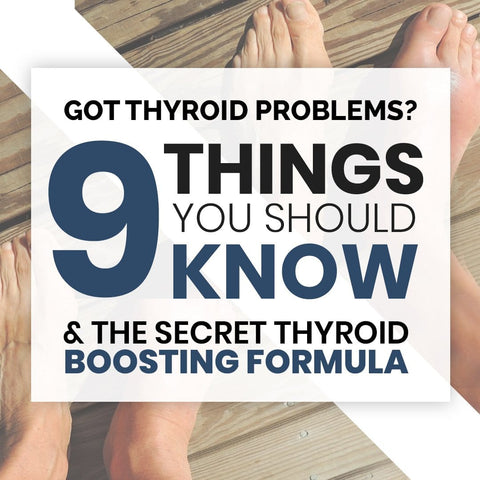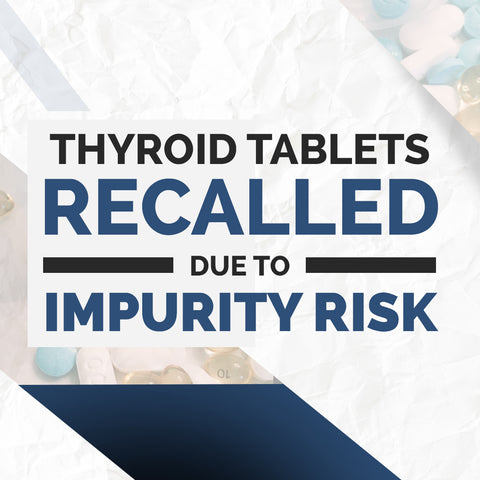
Your thyroid plays a very important role in running the metabolism of your cells. This gland, located in your kneck, can determine how much energy you have, how fast you burn fat, how good your mood is, and how hot or cold you are.
Many people do not produce ideal amounts of thyroid hormones (this bodily state is called “hypothyroidism”). Hyperthyroidism (or too many thyroid hormones) is a much rarer condition but also is responsible for nasty health effects.
Hypothyroidism can cause unpleasant symptoms in the short term and can cause dangerous symptoms in the long term if thyroid function is really bad. Heart, kidney, and nervous system health can take a hit and infertility is also a risk of low thyroid hormones.
9 Things You Should Know - Thyroid Symptoms And Tips
1. Low Thyroid Can Cause Fatigue

Thyroid hormones energize your cells and if your thyroid isn’t producing enough of them, you’ll feel weak and a lack of energy. With so many people being dragged down by fatigue these days, it’s more important than ever to keep our thyroids healthy.
2. Your Thyroid Needs Iodine
Iodine, a mineral, is the building block for thyroid hormones. The thyroid produces T4 and T3 by combining the mineral iodine with the amino acid tyrosine 1. It is estimated that about 2 billion people, or 30% of the world’s population, might still be deficient in iodine.
If you don’t eat iodized salt, be sure to eat good sources of iodine like seaweed and seafood.
3. Dry Skin And Hair Loss Can Be Related To Thyroid
The thyroid influences many functions of the skin. The thyroid can affect the rate of hair growth on the skin, the amount of moisturizing grease in sebum, and even the thickness of the skin 2.
So without enough thyroid hormone, you could have less attractive and drier skin.
Exclusive Bonus! Download the FREE report ‘10 Top Foods To Boost Your Thyroid’ by clicking here.
4. Your Thyroid Desperately Needs Selenium
Although it is not talked about as much as iodine, selenium plays a hugely important role in helping your thyroid produce active thyroid hormone and protecting the thyroid from auto-immune attacks.
This mineral converts the less-active thyroid hormone T4 into T3, as the enzyme that makes this conversion is selenium-dependent 3.
In several studies, selenium appears to play a role in protecting the thyroid gland from autoimmune attacks by the body’s own immune system 4.
5. Sweating Can Be Good For Your Thyroid
Environmental pollutants like heavy metals can inhibit thyroid hormone production, interrupt thyroid hormone movement throughout your body, and might increase autoimmune attacks on the thyroid 5,6.
7. Moderate Exercise Moderately Can Boost Thyroid Hormones

Exercise regularly because it’s a natural and healthy way of boosting thyroid hormones 7. You don’t have to do full intensity because exercising to exhaustion can actually lower some of your thyroid hormones 7. If you exercise at 70% of your maximum heart rate, your levels will be boosted 7.
8. Low Thyroid Can Make You Cold
Thyroid hormone is needed to make heat in your body. With low levels, you might notice your extremities (hands and feet) get cold easily. You might also be extra sensitive to cold temperatures, such as cold air or water 8.
9. Low Mood Can Be Related to Low Thyroid

Your neurotransmitter levels might be low if your thyroid is sluggish. The thyroid is involved in the synthesis of the neurotransmitters that make you feel good and cognitively function well 9,10.
Low serotonin could make you feel anxious and uneasy; low dopamine could make you feel less motivation and less pleasure, and norepinephrine could make you less aware and less stimulated.





